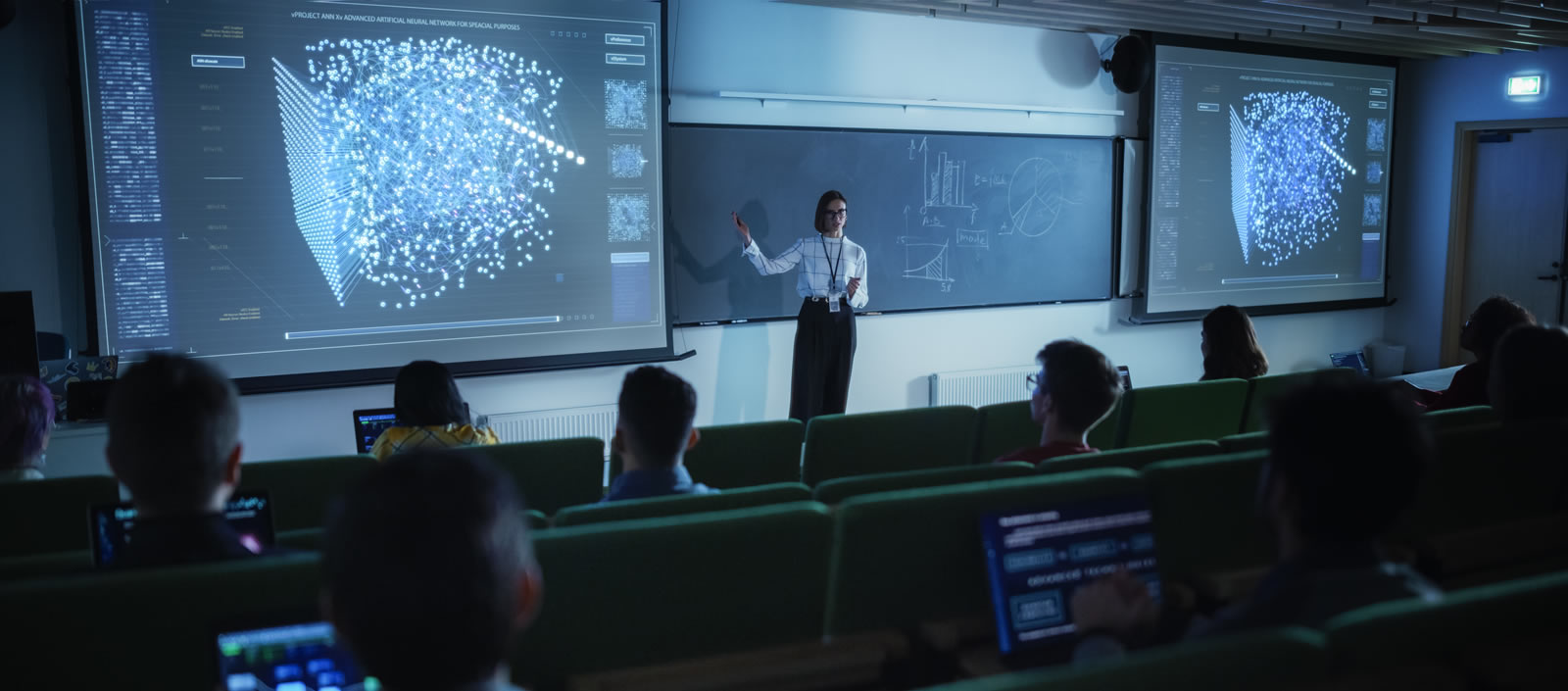Graduate Departments
https://www.s.u-tokyo.ac.jp/en/departments/
Research and education at the Graduate School of Science (GSS) of the University of Tokyo aim to create and develop new knowledge of the truths of the natural world and ensure that this knowledge is conveyed to students, peers, and the wider society. The GSS provides superb instruction in the concepts and methodologies for pursuing frontline research into the physical sciences to graduate students who will play leading roles in their future chosen fields. Todai graduate students finish their studies confident in their creativity and equipped with the knowledge and means to address and solve problems of the future.
Physics
The Physics Department at the University of Tokyo is one of the top-ranked in the world. The Department covers almost all of the frontier areas of modern physics, including condensed matter physics, astrophysics and cosmology, elementary particle physics, nuclear physics, atomic and molecular physics, quantum information, biophysics, and plasma physics.
One of the largest in the world, the Department has more than 130 faculty members, many internationally recognized, engaged in frontline research while also committed to guiding their students. Faculty and students are based at both the Hongo campus, where the core departmental faculty are located, and at affiliated research institutes. This enables them to conduct diverse and advanced research. The institutes also offer students and faculty opportunities to use large-scale facilities such as particle accelerators and deep space telescopes as well as equipment simulating extreme conditions.
The Department has the longest history among Japanese universities for education and research in physics, and has educated many outstanding physicists, including three Nobel Prize laureates, two within the last decade. This crowning recognition has further energized the Department's dynamic and exciting learning and research environment.
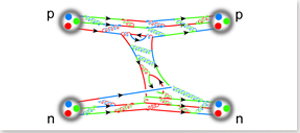
overview
Astronomy
Spectacular advances have been made in astronomy recently. Research fields in astronomy are now reaching the edges of the Universe as well as its creation, in addition to delving into the origin of the Earth and even that of life.
The mission of the Astronomy Department at the University of Tokyo is to develop researchers and educators who will be at the leading edge of these new fields of research in astronomy and play central roles in international and interdisciplinary research projects. Todai graduate students in astronomy are strongly motivated to develop the willingness to challenge new tasks as well as the expertise and mind-set to open new research paths.
The Department boasts a relatively large number of faculty members and researchers, including part-time faculty from the National Astronomical Observatory and the Japan Aerospace Exploration Agency (JAXA), making the Department large even by global standards. In addition, the diverse fields covered by the faculty constitute the largest astronomy graduate course in Japan, enabling it to provide graduate students with a broad outlook on, and education in, the field of astronomy not available at other universities.
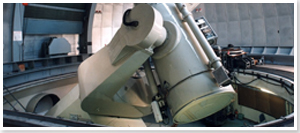
overview
Earth and Planetary Science
Earth and Planetary Science covers an amazing multiplicity of fields, from study of the solid Earth, atmosphere and oceans, and surface environments, including the biosphere, to planets in the solar system, and space beyond it. Moreover, it encompasses a wide range of time spans, from the evolution of the solar system to the future of the Earth, from billions of years to hours or less. Diverse research methods are thus required for such a wide variety of research fields, including field work, observation, laboratory experiments, chemical analyses, theoretical modeling, and simulations. In order to understand the entire large-scale and complex Earth and planetary system, interdisciplinary research and education is strongly encouraged.
The collaboration among the five core research groups in the department — Atmospheric and Oceanic Science, Space and Planetary Science, Earth and Planetary System Science, Solid Earth Science, and Geosphere and Biosphere Science — as well as with affiliated institutions has made the Earth and Planetary Science Department a core academic base for both research and education in Earth and Planetary Science in Japan.
The Department's educational programs aim to train doctoral-level researchers to become leading figures in their respective fields and master's degree-level graduate students to take important positions in government, industry, and education. Students are also attracted to the Department because of its social relevance. The Department contributes directly to society through participation in national and international programs of applied research in areas such as global climate change or mitigating catastrophic damage from earthquakes.
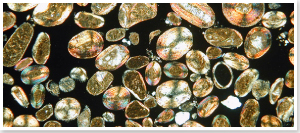
overview
Chemistry
Understanding and discovering new phenomena in nature and developing new materials to protect nature and better people's lives are the two underlining aims of the Department of Chemistry. Graduate students at the Department are engaged in both advanced research and the instruction of younger students, thus developing the skills to conduct frontier research in the future and educate a new generation of scientists. Strong interaction — sharing the emotional charge of elucidation and discovery — between faculty and students is at the core of the educational environment of the Department.
Graduate students have opportunities for research and training in physical, organic, and inorganic and analytical chemistry, as well as other interdisciplinary areas. The Department offers a very extensive research and educational system, with faculty coming from the Research Centre for Spectrochemistry, Laboratory for Earthquake Chemistry, the Graduate School of Arts and Sciences, Graduate School of Frontier Sciences, Institute for Solid-State Physics, the Ocean Research Institute, the Radioisotope Center, the Research Center for Advanced Science and Technology, and the JAXA Aerospace Research and Development Directorate, in addition to the Department itself. Students also have access to state-of-the-art specialized instrumentation.
In order to encourage graduate students to become top-tier international researchers, all the lectures in the graduate programs are given in English. International seminars and symposia for graduate students and young researchers are also held frequently, with participants including researchers and graduate students from overseas.
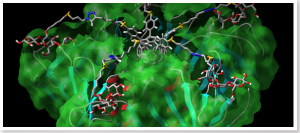
overview
Biological Sciences

overview


